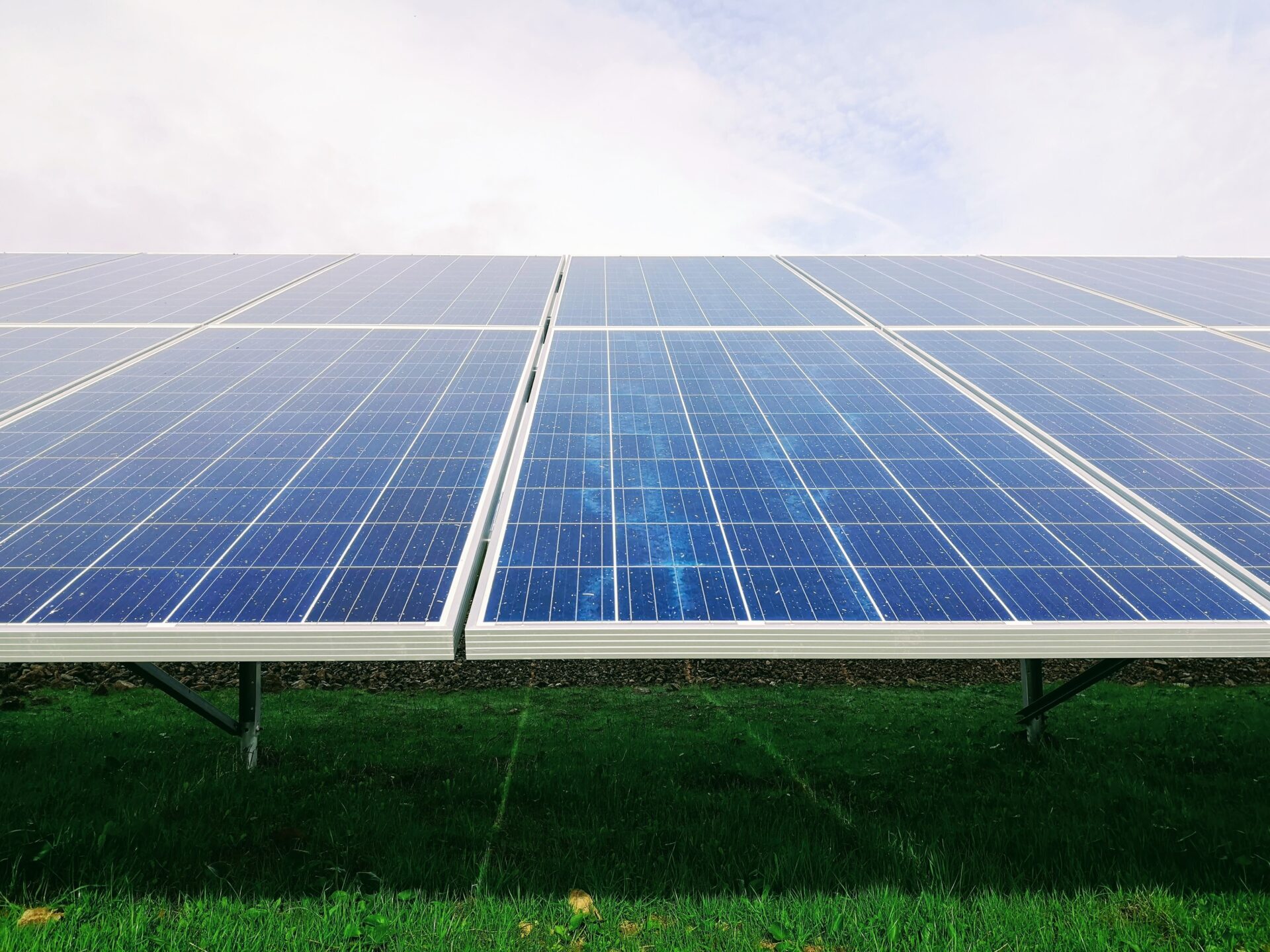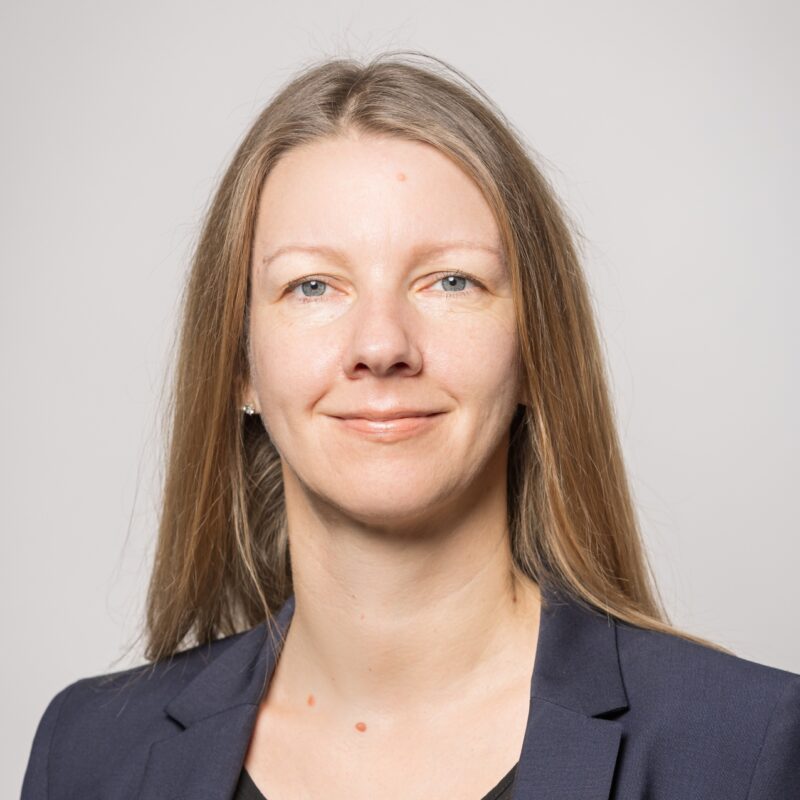
START2030: 100 Percent Renewable Energy Sources in the Electricity Sector
The "START2030" project team organised a workshop to discuss the preliminary simulation results and policy recommendations to alleviate the burden on vulnerable groups. Furthermore, aspects of the project were disseminated at several conferences.
WIFO, the Institute of Electricity Economics and Energy Innovation (IEE) at Graz University of Technology and the Centre of Economic Scenario Analysis and Research (CESAR) organised a stakeholder workshop on 23 June 2022 to discuss the first simulation results of a transformation of the Austrian electricity system to 100 percent renewable energy sources. For these first simulations, the macroeconomic model DYNK and the electricity system model ATLANTIS were coupled and an expansion of renewable energy sources according to the Renewable Energy Expansion Act was assumed. In addition to the simulation results, policy recommendations for relieving vulnerable groups through rising electricity prices were discussed.
Results from the project were also presented at several international scientific conferences: at the 1st International Workshop on Open Source Modelling and Simulation of Energy Systems (OMSES) Thomas Klatzer gave a presentation on the open source model "Low-Carbon Expansion Generation Optimisation – LEGO". The scenarios developed in START2030 serve as a data basis for techno-economic analyses, such as the cost-optimal planning of Austria's generation expansion, which were carried out with the LEGO model. The presentation dealt with a case study showing the general impact of energy policy measures such as demand-side management and energy efficiency measures.
On 5 July 2022, Sonja Wogrin presented model results on the Austrian path to climate neutrality at the 32nd EURO Conference organised by Aalto University in Finland. For this purpose, the open-source model LEGO developed at IEE was used to analyse different scenarios of the Austrian electricity system and to assess the impact of a possible gas shortage now and in 2030.
Claudia Kettner participated virtually in the 43rd IAEE International Conference hosted by the National Graduate Institute for Policy Studies in Tokyo on 3 August 2022. Her presentation included preliminary simulation results from START2030 and focused on the macroeconomic effects and physical changes in the electricity system.
Feedback from the workshop and the conference presentations will be incorporated into the further project work.
"START2030" is funded by the Climate and Energy Fund and implemented within the framework of the ACRP programme. More information on the project as well as the presentations from the stakeholder workshop and the conference contributions can be found on the project website.

